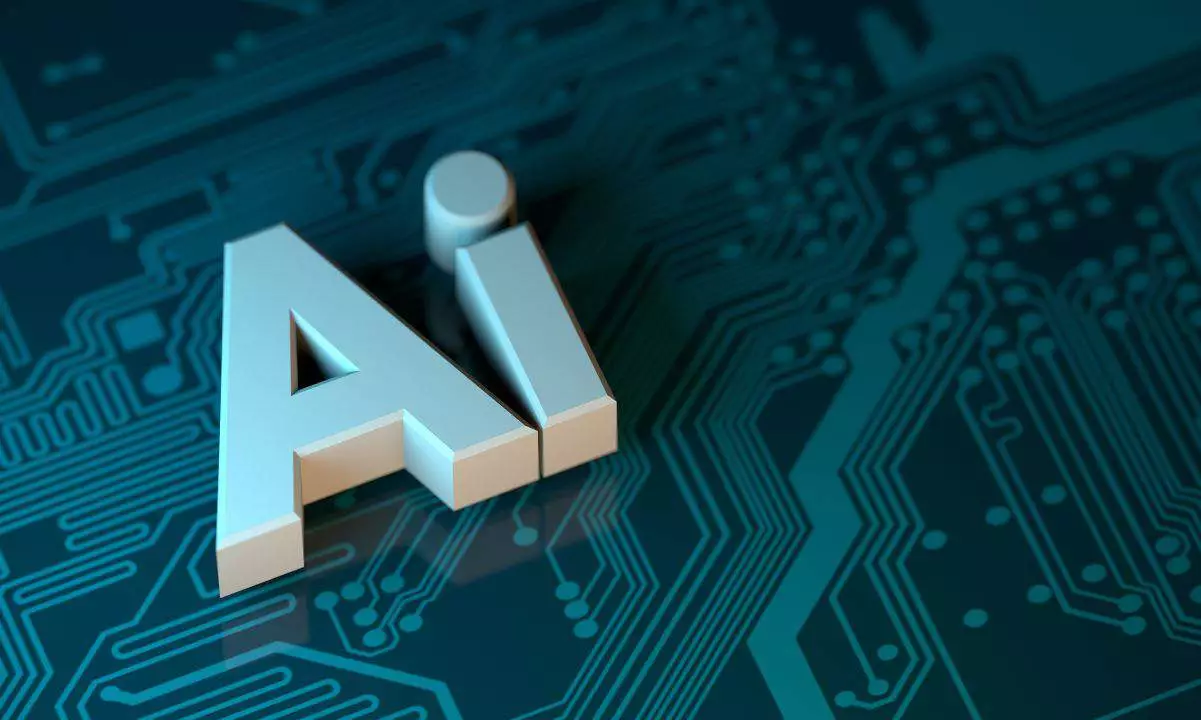The intersection of cryptocurrency and artificial intelligence (AI) has the potential to significantly impact the global GDP, with predictions suggesting a $20 trillion injection by 2030. This forecast was highlighted at a recent Consensus conference in Austin, where industry leaders came together to discuss the future of blockchain technology, regulation, and the ever-expanding field of AI.
A key point of discussion at the conference was the emerging partnership between Bitcoin miners and AI. With the AI industry experiencing a boom, companies like Nvidia have risen to prominence, boasting a market cap exceeding $3 trillion. The demand for data centers and AI chips has surged, leading major cloud companies such as Amazon, Google, Meta, and Microsoft to invest heavily in data center expansions, projected to reach $200 billion in 2025.
Despite the rapid advancements in AI technology, there is a shortage of data centers essential for storing the vast amounts of data required for AI applications. Bitcoin miners, equipped with advanced infrastructure tailored for high-volume data processing and storage, are uniquely positioned to help alleviate this shortage. This was exemplified by the acquisition offer of Core Scientific by AI cloud provider CoreWeave for $1.6 billion, along with a $3.5 billion agreement for hosting AI services in Core Scientific’s data centers over the next 12 years. Other Bitcoin miners like Hut 8 and Iris Energy are also jumping on board with similar AI-hosting initiatives.
According to PricewaterhouseCoopers (PwC), the integration of AI and cryptocurrency could contribute $15.7 trillion and $1.8 trillion to the global economy by 2030, respectively. While this adds up to $17.5 trillion, the combined synergistic effect of AI and crypto integration could drive this value to $20 trillion or even higher. Beyond the immediate applications in data storage and processing, the fusion of AI and cryptocurrency holds long-term potential in areas such as information validation.
AI has transformed content creation, but it has also raised concerns about authenticity and bias. Public blockchains, known for their transparency and accessibility, offer a solution by providing a verifiable ledger for digital content. Startups like Attestiv are leveraging blockchain technology to create digital fingerprints for videos, ensuring their authenticity by comparing them to an original, immutable record. This innovation could extend to various forms of digital content, aiding in the fight against deep fakes and misinformation.
The integration of AI assistants with smart contracts and digital currencies like Bitcoin could enhance the capabilities of virtual assistants, enabling them to conduct complex transactions swiftly and securely. This advancement points to the potential for further innovation and collaboration between AI and cryptocurrency, reshaping the way businesses operate and interact in the digital age.
The convergence of cryptocurrency and artificial intelligence represents a paradigm shift with vast economic implications. As industry leaders continue to explore the synergies between these two transformative technologies, the potential for growth and innovation in the global economy appears promising, paving the way for a more interconnected and efficient future.









Leave a Reply